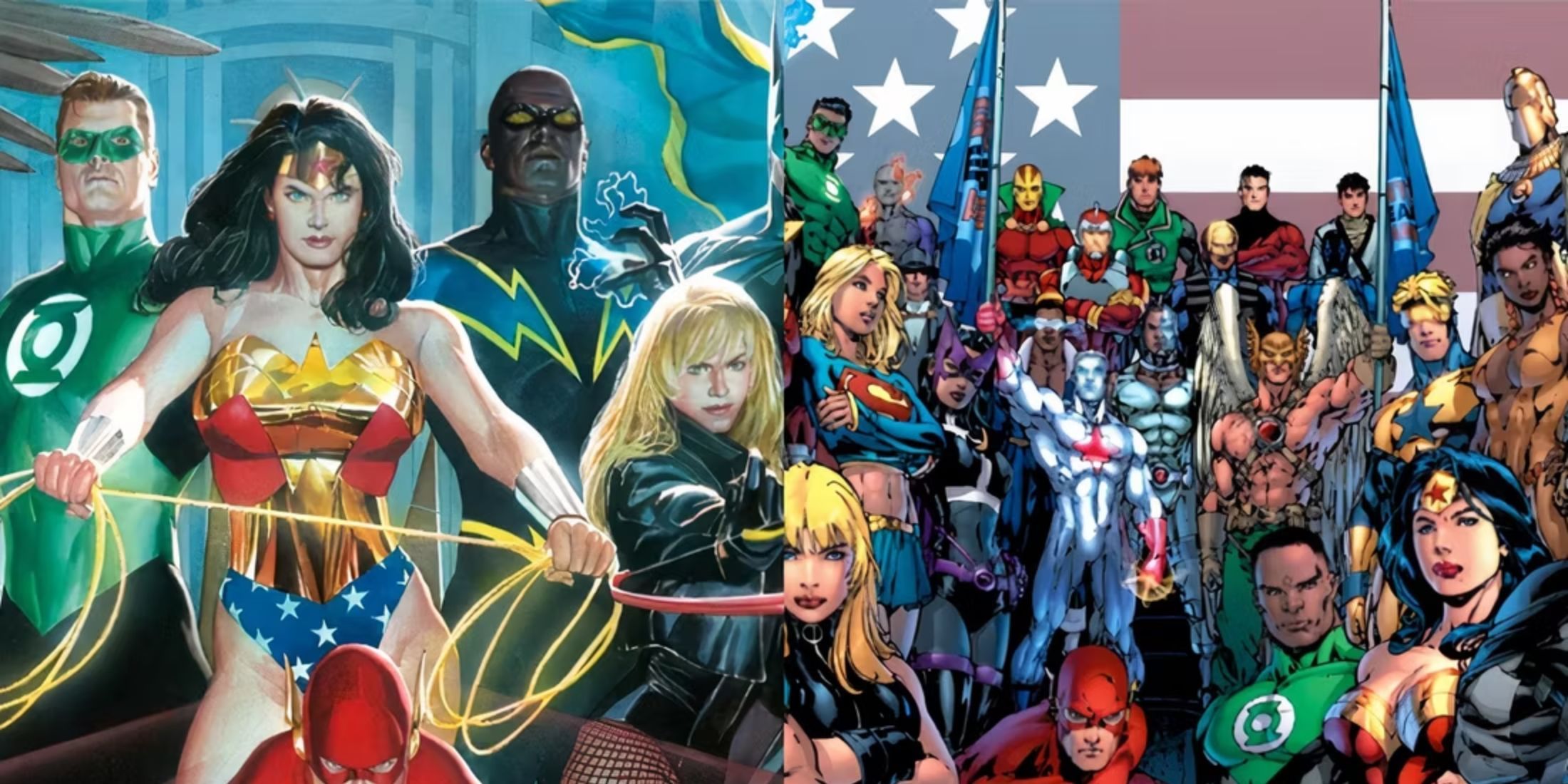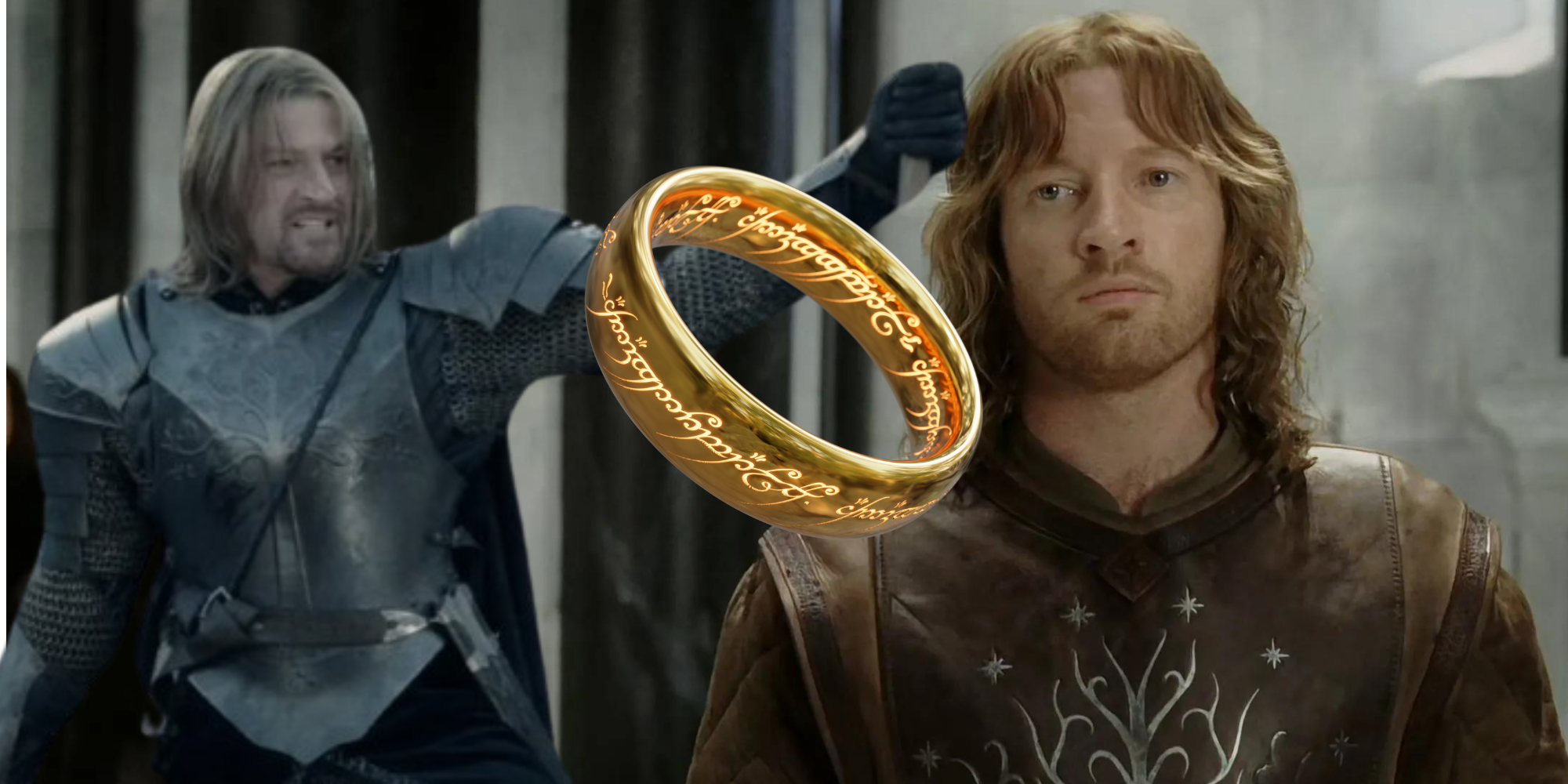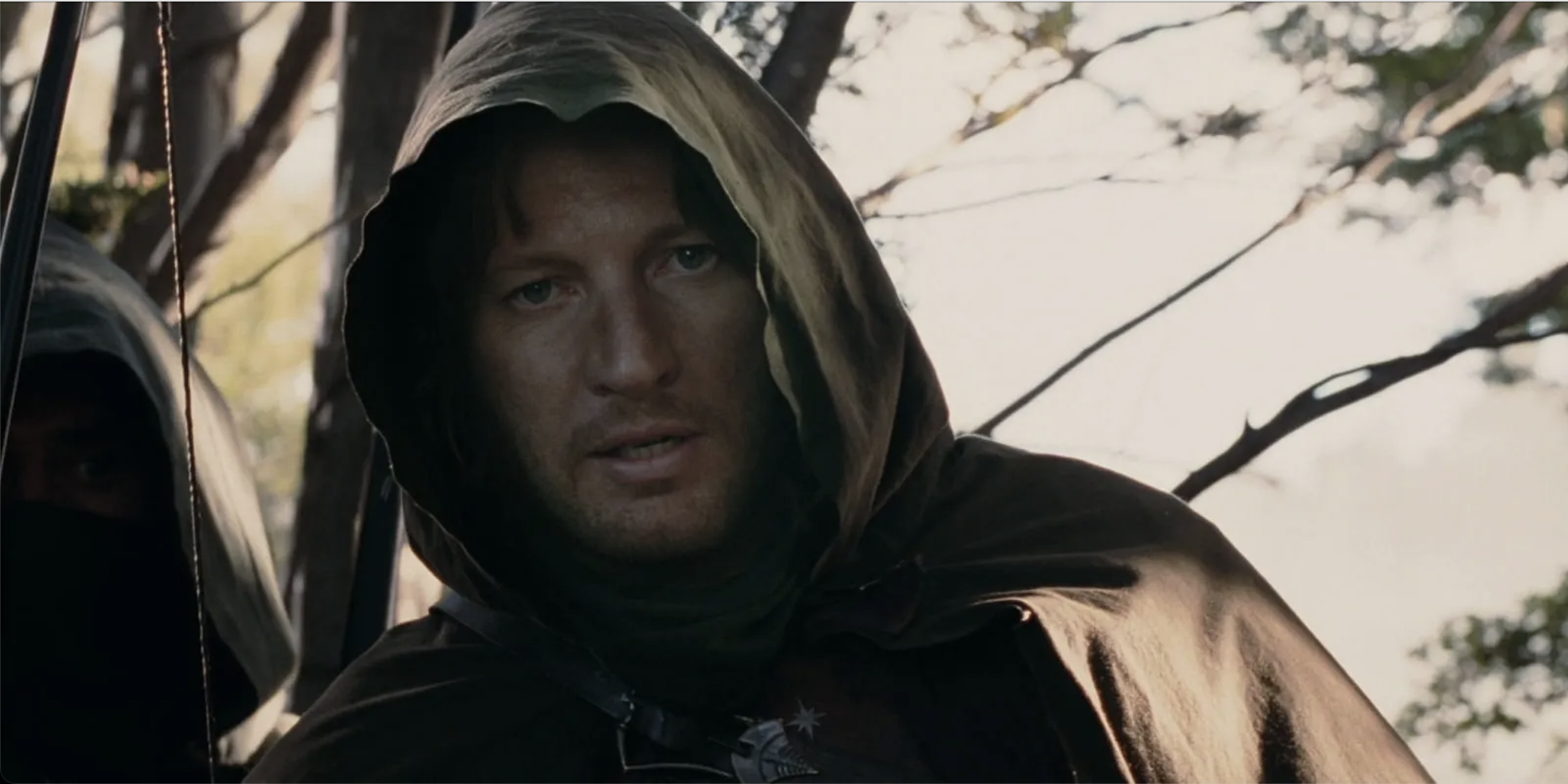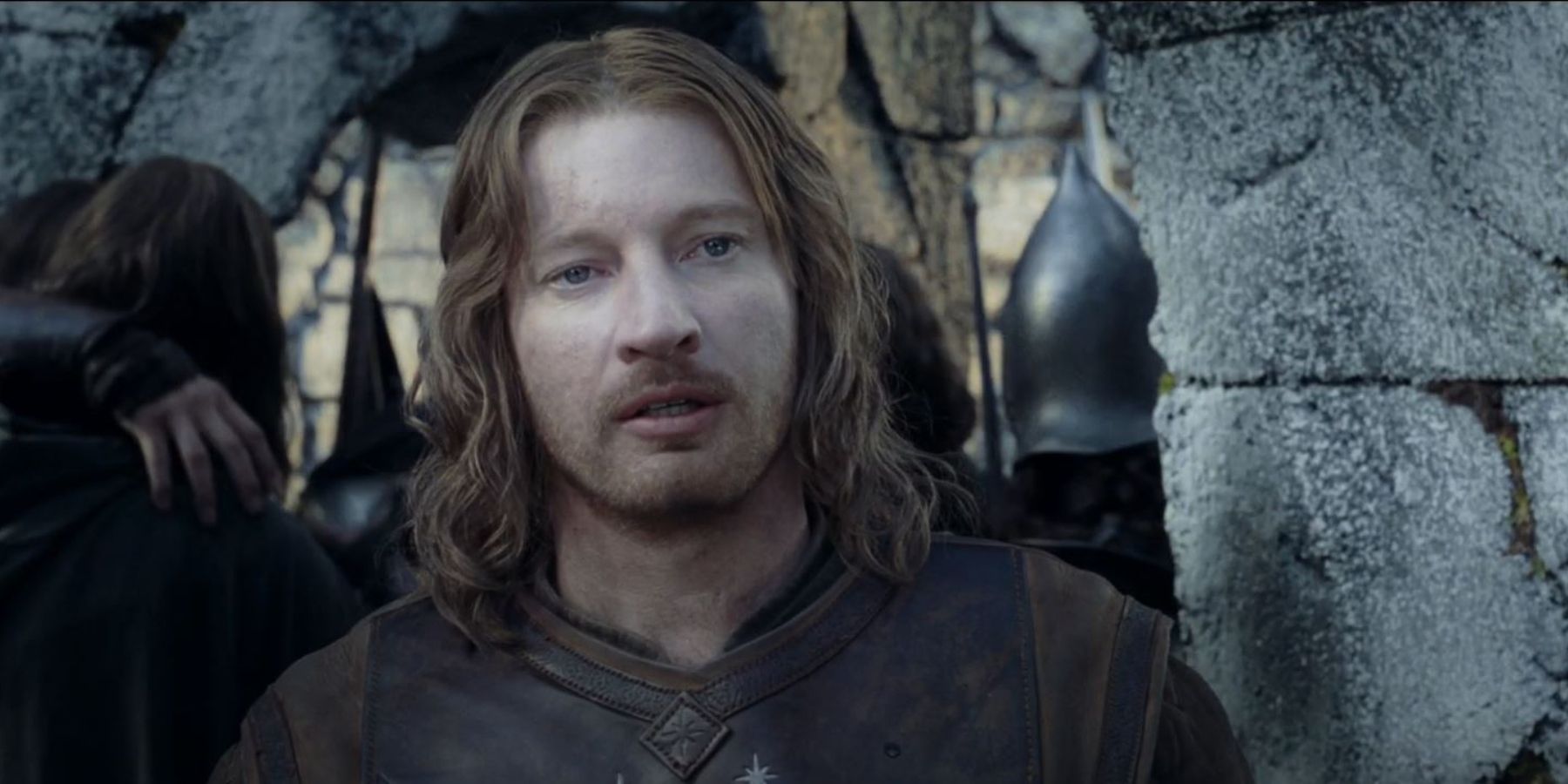Quick Links
For generations, The Lord of the Rings has captivated the hearts of epic high fantasy lovers around the globe. Peter Jackson’s film trilogy only served to amass even more enthusiasts and bring them into the fold of J.R.R. Tolkien’s magical world. Twenty years after the release of The Return of the King, fans of the franchise are eager as ever to delve into the lore of Middle-earth and its inhabitants.
If there is one point that the Lord of the Rings films attempt to drive home, it’s that the One Ring is a truly evil entity. Forged by Sauron in the cracks of Mount Doom, the One Ring is itself a sentient being with malicious intent. With every living person it comes across, the Ring seduces its host and ultimately becomes their downfall. This was especially the case for Boromir in The Fellowship of the Ring, whose desperation to save his country and meet his father’s expectations led to a tragic end.
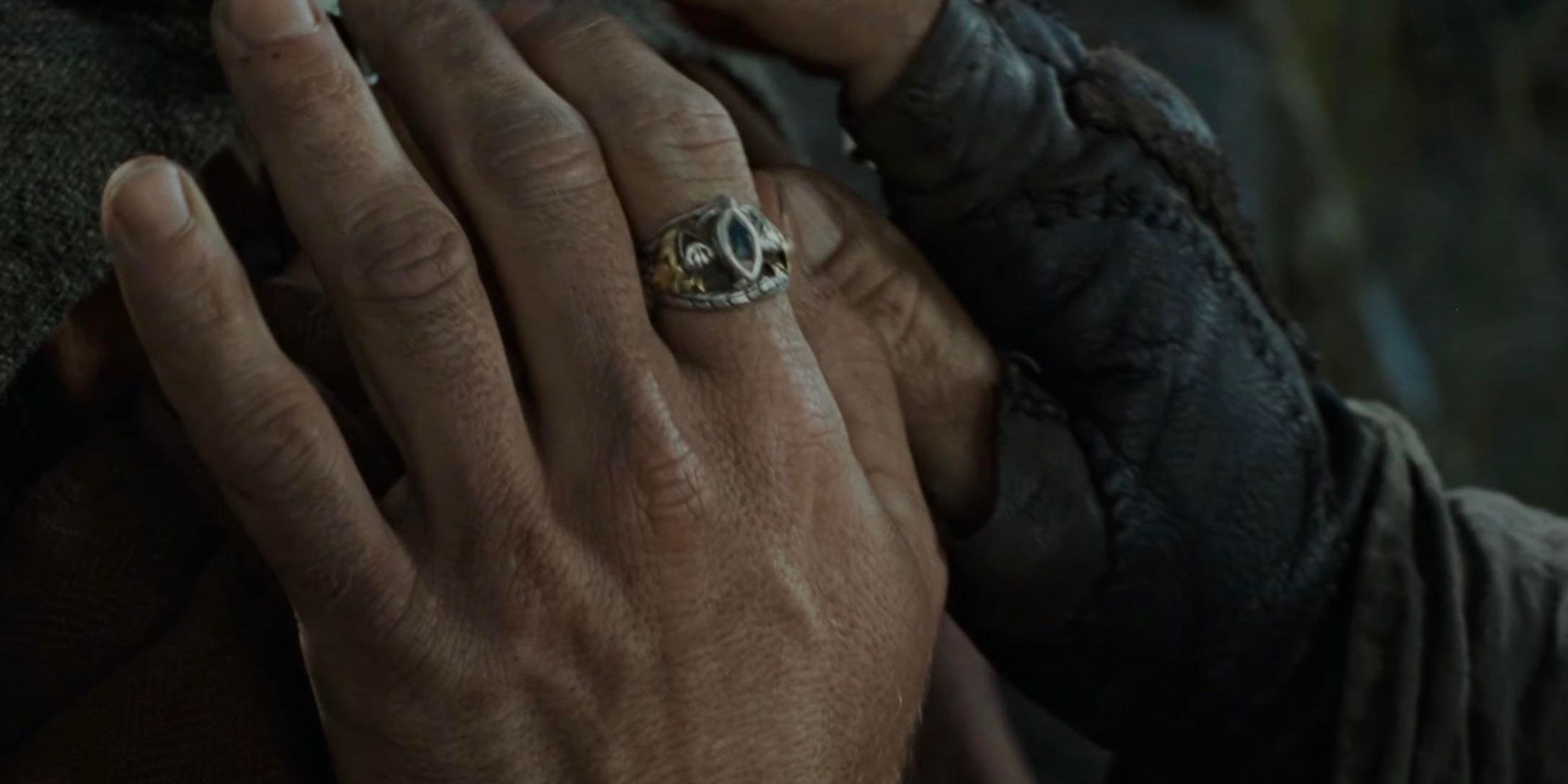
LOTR: The Ring of Barahir, Explained
The ornate silver Ring of Barahir was “the badge that Finrod made of yore”, which ended up being worn by Aragorn II in the Third Age.
However, Boromir’s brother, Faramir, was able to withstand the temptation. Though the stakes for him were the same as Boromir’s, he allowed Frodo to leave with the One Ring. So what was it that let Faramir resist the pull of the Ring? Why didn’t he take it for himself and his own glory? The reasons vary between the books and the movies, yet the answers are essentially the same.
Sam Changed Faramir’s Mind
In the end, it’s Sam who can be credited for Faramir’s change of heart in The Two Towers movie. When Sam and Frodo first meet Faramir, he is leading a team of scouts near the borders of Gondor. The first impression of Faramir is that he is a grim soldier - understandably so, considering the pressure he is under. His father, Denethor, believes Faramir incapable of being a true warrior like his brother, Boromir. Now with the enemy approaching them from all sides, Faramir has only one chance to prove his worth and save his kingdom.
After interrogating Gollum and learning that the Hobbits carry the One Ring, Faramir confronts Frodo and Sam. Although they beg him to let them go, the promise of victory is too tempting for the Gondorian captain to resist. Faramir proclaims that the Ring will go to Gondor, and the Hobbits are kept as prisoners.
Just before the Nazgûl attack Osgiliath, Sam angrily tells Faramir that Boromir went mad and attacked Frodo because he wanted the One Ring for himself. The information hits home for Faramir, as does the courage shown by the Hobbits. Even when Madril warns Faramir that his life is on the line if he lets the hobbits go, Faramir is willing to make that sacrifice.
Faramir’s Reaction In The Book Is Very Different
Regarding Faramir, there is a sizable change between the original Tolkien novels and the Lord of the Rings film trilogy. Like in the Two Towers movie, Faramir meets Frodo and Sam while battling the Haradrim in the book. However, Faramir is not immediately hostile towards the two Hobbits. Instead, he remembers a recurring dream in which he heard a voice recite a riddle. In the dream, the riddle ends with “Isildur’s Bane shall waken, and Halfing forth shall stand.”
Faramir is wise enough to recognize the prophecy of his dream, and so he greets the Hobbits as friends. After a series of conversations during their travels, Faramir correctly guesses that Frodo carries the One Ring, aka “Isildur’s Bane.” The hobbits are fearful that, like his brother, Boromir, Faramir will want to take the Ring for himself. However, Faramir insists that he has no desire to wield the weapon of the enemy, knowing it can only be used for evil. His words in the book were: “I would not take this thing, if it lay by the highway. Not were Minas Tirith falling in ruin and I alone could save her, so, using the weapon of the Dark Lord for her good and my glory.”
So why is it that Faramir was able to resist the One Ring so easily when Boromir couldn’t? What it comes down to is the author’s message that strength comes in many forms. While Boromir was a strong warrior who excelled in battle, Faramir’s strength lay in his heart and his convictions. Boromir was also under a lot of pressure from Denethor, which made it easy for him to be tempted.
Why The Screenwriters Changed Faramir
There has been plenty of fan discourse over the years about the changes made to Faramir in the Lord of the Rings film trilogy. Many fans of the books argue that Faramir withstanding the Ring outright in the books makes the character more noble and likable. It also creates a clear distinction between Faramir and his brother, Boromir.
However, adapting Faramir into the films exactly as he was in the books would have been a mistake. After all, character arcs are a very important part of movie making. Any Screenwriting 101 course will preach that a character should not be the same person they were from the beginning to the end. The change to Faramir in the films is logical from a storytelling standpoint, despite the lack of growth in the character in the books.
According to interviews with co-screenwriter Philippa Boyens, Faramir was changed for a very important reason. In The Fellowship of the Ring movie, the writers wanted to emphasize just how dangerous the One Ring is, and its ability to corrupt anyone who tries to claim it. If Faramir in The Two Towers movie had shown no interest in the Ring whatsoever, it would have undermined all the hard work the writers put into making the One Ring such an evil entity.
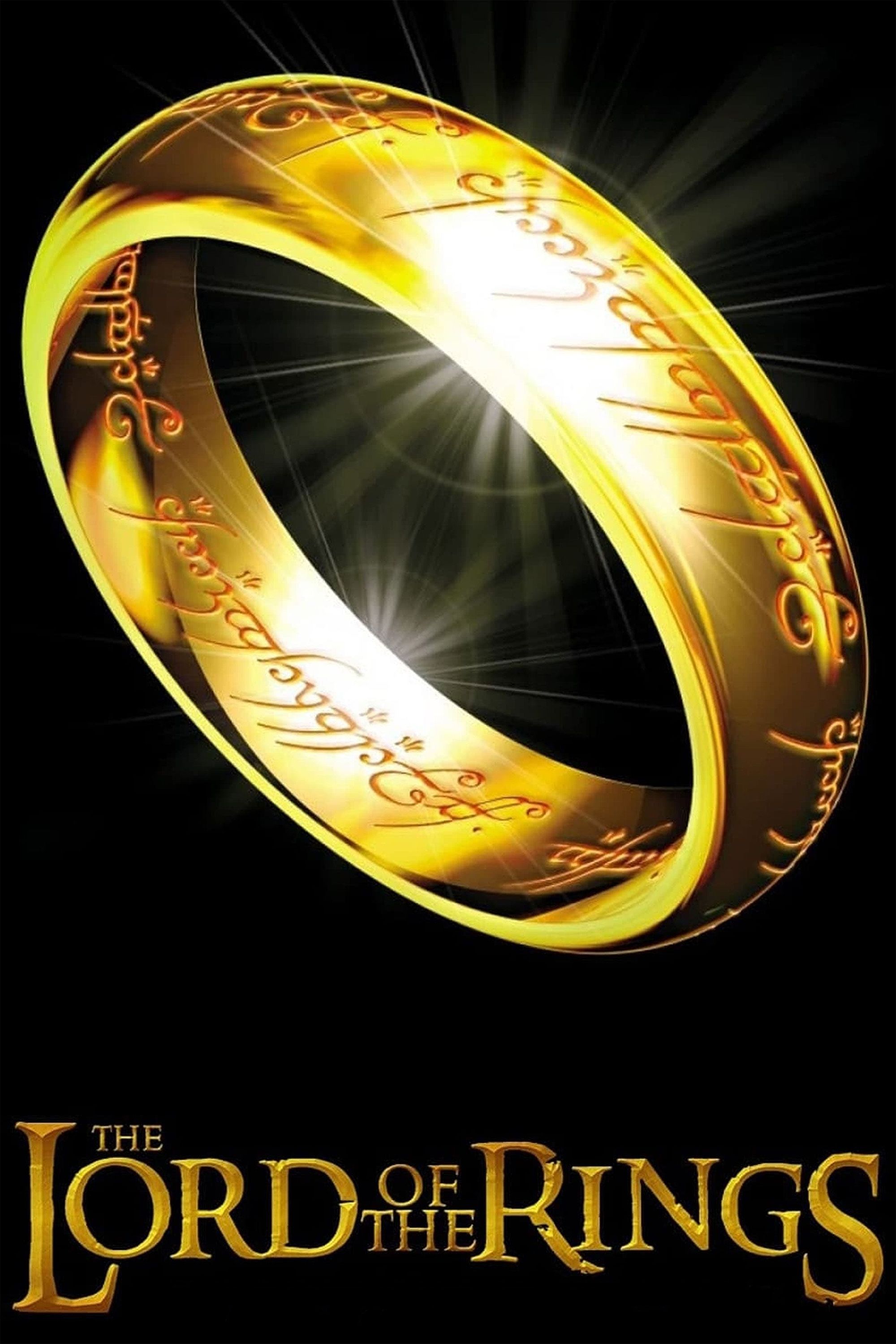
The Lord of the Rings
The Lord of the Rings is one of the most iconic names in entertainment. The franchise started with novels from J. R. R. Tolkien before being adapted onto the big screen by Peter Jackson in one of the most critically-acclaimed film trilogies of all time. There have also been numerous The Lord of the Rings video games of varying quality.
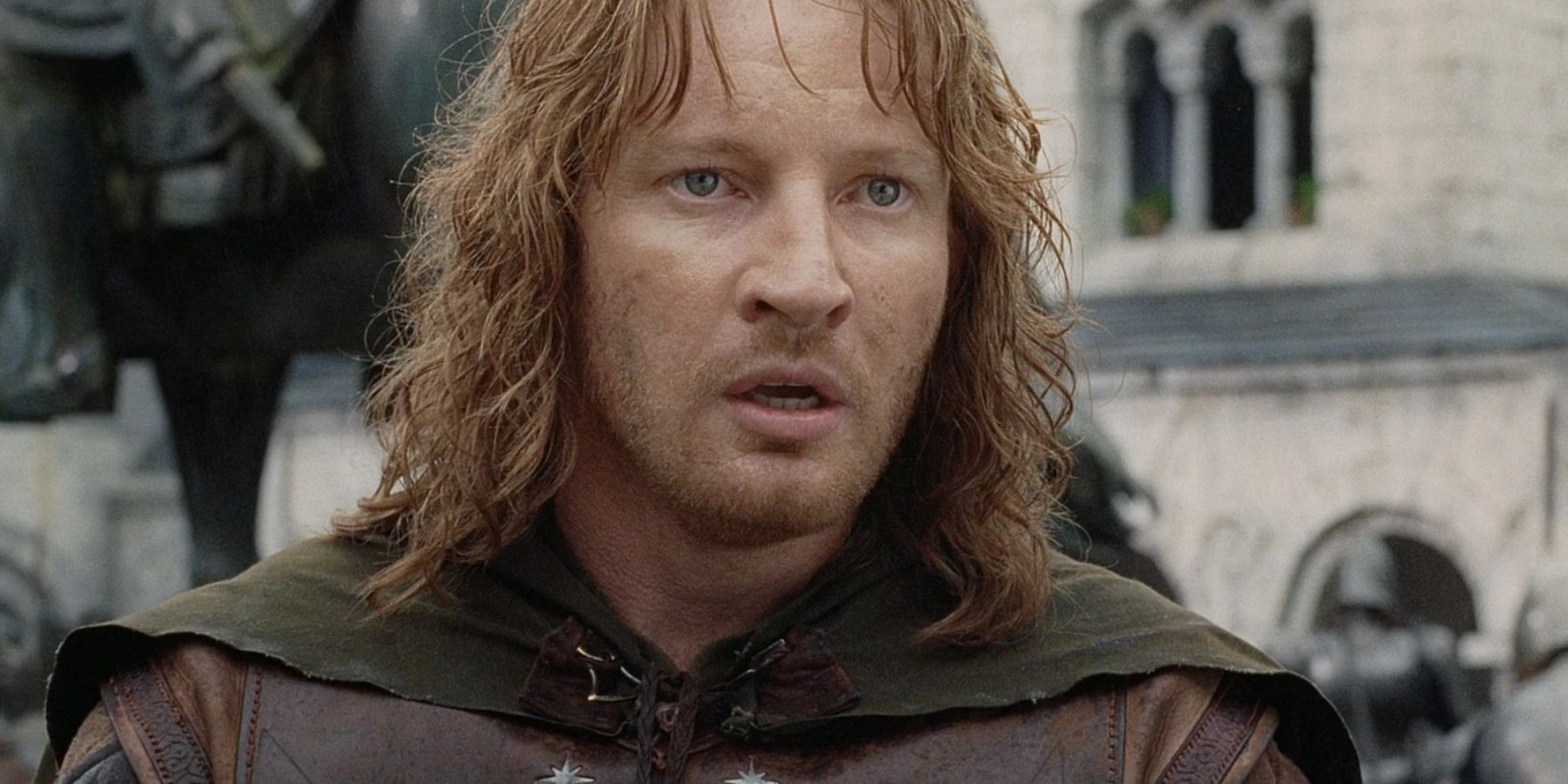
LOTR: What Happened to Faramir After the War of the One Ring?
Faramir suffered a great deal of loss during Lord of the Rings, but what happened to him after the war ended?

